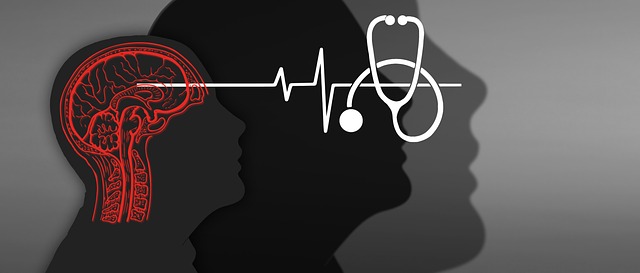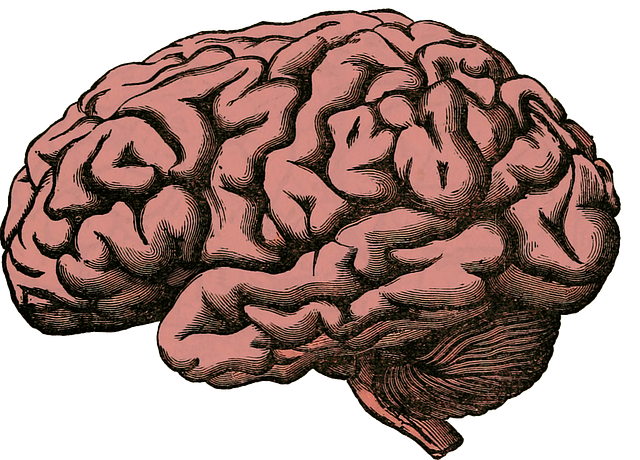Loss and grief profoundly impact young adults, who require tailored therapy for Young Adults to navigate complex emotions. This support offers safe spaces for processing feelings, sharing experiences, and learning effective coping strategies. Cultural competency among healthcare providers ensures diverse young adults receive appropriate care. Mindfulness meditation is an additional tool for managing grief. Through therapy, young adults acquire self-care techniques, communication skills, and tools for identifying and managing triggers, ultimately fostering resilience and well-being.
Loss, grief, and bereavement are inevitable parts of life, yet their impact can be profound, especially for young adults navigating these uncharted waters. This article explores the unique challenges faced by this demographic when dealing with loss, offering insights into how counseling can serve as a powerful tool for healing and growth. From understanding complex emotions to exploring effective therapy approaches tailored for young adults, we delve into strategies to help them navigate their grief journey.
- Understanding Loss, Grief, and Bereavement: A Young Adult's Perspective
- The Role of Counseling in Navigating Difficult Emotions
- Unique Challenges Faced by Young Adults Experiencing Grief
- Effective Therapy Approaches for Healing and Growth After Loss
Understanding Loss, Grief, and Bereavement: A Young Adult's Perspective

Loss, grief, and bereavement are deeply personal experiences that can profoundly impact young adults. Understanding these complex emotions is a crucial step towards healing. When someone loses a loved one, it’s not just about mourning; it’s a process of coming to terms with an altered reality. This period often involves a myriad of feelings—denial, anger, bargaining, depression, and acceptance—which can be overwhelming for those in their young adulthood.
For young adults, developing inner strength is essential during this challenging time. Therapy, specifically tailored for this demographic, plays a pivotal role. It provides a safe space to express emotions, share stories, and learn coping mechanisms. Healthcare providers trained in cultural competency can offer valuable support, recognizing the unique challenges faced by young adults from diverse backgrounds. Additionally, practices like mindfulness meditation have proven beneficial in managing grief, helping individuals find clarity and inner peace amidst their sorrow.
The Role of Counseling in Navigating Difficult Emotions

Counseling plays a pivotal role in helping young adults navigate the complex landscape of loss, grief, and bereavement. It provides a safe space for them to express and process their difficult emotions, which often include sadness, anger, guilt, and confusion. Through therapy, young adults can learn effective self-care practices that help manage these intense feelings. Counselors equip them with communication strategies to share their experiences with loved ones, fostering understanding and support.
Moreover, counseling facilitates the development of risk management planning for mental health professionals. It equips both the counselor and the client with tools to identify potential triggers and cope with them proactively. By integrating self-care practices and effective communication into their lives, young adults can enhance their resilience and better manage the challenges associated with grief, paving the way for a healthier and more balanced future.
Unique Challenges Faced by Young Adults Experiencing Grief

Young adults facing grief often encounter unique challenges distinct from those experienced by older individuals. This demographic is navigating a pivotal phase of life—establishment of independence and identity—when loss can disrupt their trajectory. The pressure to simultaneously grieve and establish themselves professionally and personally can be overwhelming. Many young adults may struggle with feelings of ambiguity loss, where the future seems uncertain and the grief process is complicated by aspirations for personal growth and achievement.
Furthermore, social dynamics play a significant role in their bereavement journey. Their peers might not fully comprehend or validate their emotional experiences, leading to feelings of isolation. The need for effective support systems becomes crucial during this time. Therapy tailored for young adults can provide a safe space to explore these complexities, offering guidance on conflict resolution techniques within personal relationships and helping them develop resilience against potential burnout prevention strategies. Crisis intervention guidance is also vital to ensure they have tools to manage acute emotional distress as they navigate their unique grief journey.
Effective Therapy Approaches for Healing and Growth After Loss

In the wake of loss, young adults can find solace and support through specialized therapy approaches designed to facilitate healing and growth. One effective method is empathy-building strategies, where therapists create a safe space for individuals to express their feelings without judgment, fostering a deep sense of understanding and connection. This approach encourages vulnerability, which is crucial for processing grief and cultivating resilience.
Additionally, incorporating stress management workshops can empower young adults with tools to navigate the emotional turmoil associated with bereavement. These workshops often include mindfulness techniques, breathing exercises, and cognitive-behavioral strategies tailored to help individuals manage anxiety and improve their overall well-being. Furthermore, confidence-boosting activities within counseling sessions can assist young adults in rediscovering their sense of self and finding strength in facing future challenges.
For young adults navigating loss, grief, and bereavement, counseling offers a crucial lifeline. By understanding unique challenges specific to this demographic and employing effective therapy approaches, professionals can help them heal and grow. This support is vital in a world where emotional well-being among young adults is increasingly recognized as a critical aspect of overall health and wellness. Through tailored interventions, therapy for young adults experiencing loss can foster resilience, enable coping strategies, and ultimately, promote a path towards personal growth.














